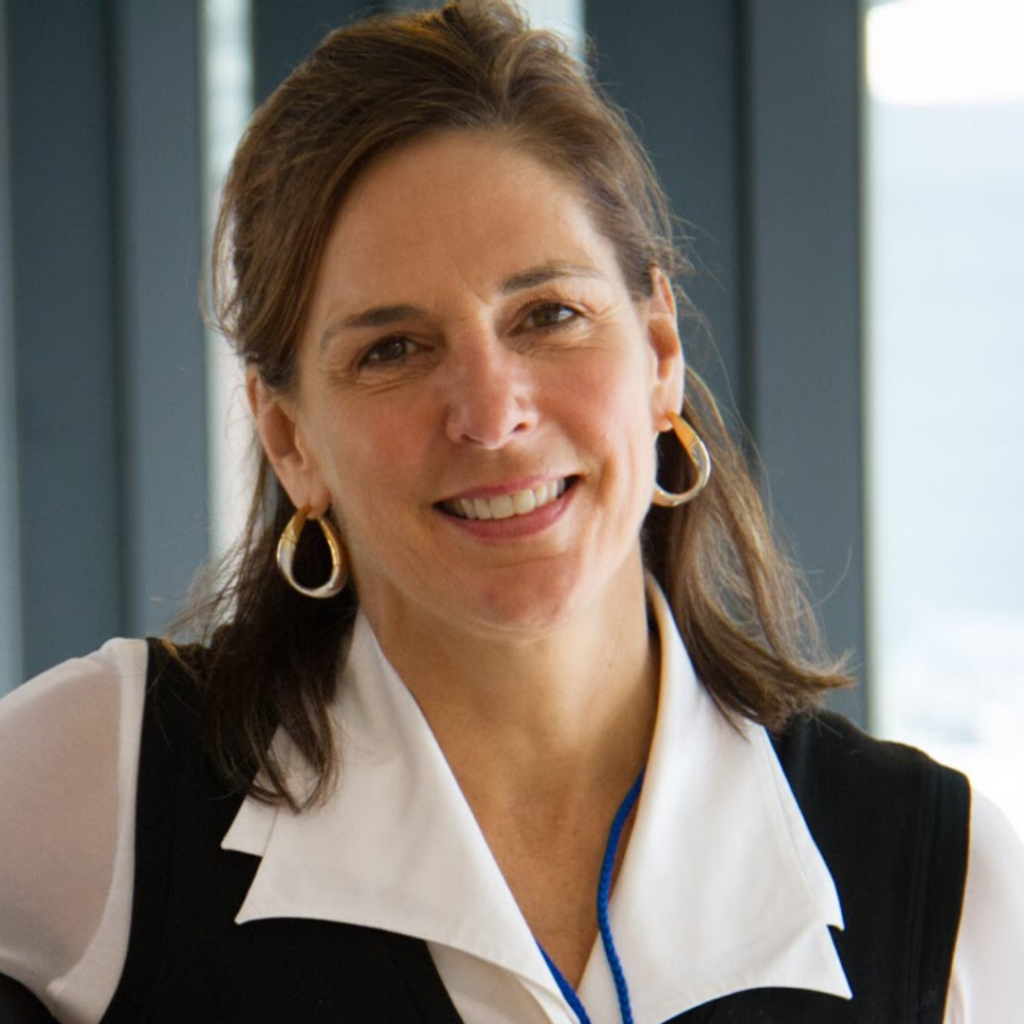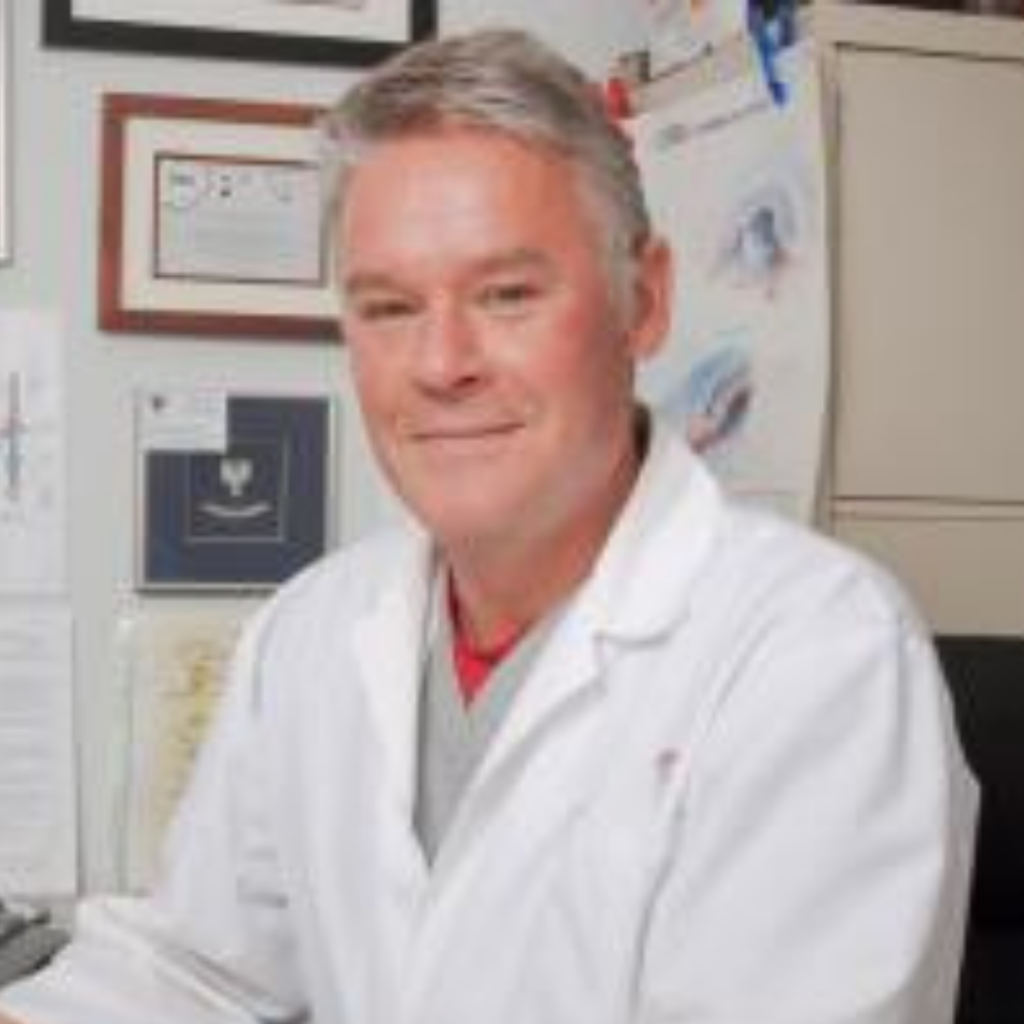Jan 6, 2022
What’s new in clinical trials in 2022? A Q&A with retinal specialists Dr. Héon and Dr. Koenekoop
As we start a new year we asked Drs. Elise Héon and Robert Koenekoop to share their insight on what treatment advances we may see for inherited retinal diseases in 2022.

Dr. Elise Héon
Sick Kids Hospital
Ocular Genetics Program, Department of Ophthalmology and Vision Sciences

Dr. Robert Koenekoop
Montreal Children’s Hospital
Paediatric Ophthalmologist, Director of Pediatric Ophthalmology and Molecular Biologist of Blindness
Will any new clinical trials or treatments be coming to Canada in 2022?
Dr. Héon:
Here at Sick Kids we are planning to start three trials for inherited retinal diseases in 2022.
The first is a Phase 3 gene-replacement trial for patients with X-linked retinitis pigmentosa (XLRP) caused by mutations in the RPGR gene. This trial is sponsored by MeiraGTx.
We will also have a second gene replacement trial for RPE65 related disease. You may have heard of a Health Canada approved therapy called Luxturna for patients with a mutation in this gene. However, this new trial, sponsored by MeiraGTx, will be testing a different type of gene therapy for RPE65-related retinitis pigmentosa (RP) and leber congenital amaurosis (LCA).
Finally, we hope to start a trial for testing an antisense oligonucleotide gene editing therapy for USH2A related retinal dystrophy (sponsored by ProQR). This therapy is specifically for individuals with mutations in exon 13 of the USH2A gene.
In addition to these trials, my hope for 2022 is that Luxturna will be part of standard of care for patients with RPE65 related RP and LCA and that we will be able to administer it in a timely fashion.
Dr. Koenekoop:
In Montreal we hope to launch a trial testing the drug N-acetylcysteine (NAC), that reduces oxidative stress, for retinitis pigmentosa (RP). Oxidative stress may cause damage to photoreceptor cells in people who have RP. This trial, called NAC Attack has been accepted by the National Institute of Health and the National Eye Institute. We are in a great position to become a trial centre, but the final decision on where the trial will take place has not been made yet.
We are aiming to launch two new Phase 3 gene editing trials sponsored by ProQR, testing QR-421a for USH2A. One of the trials is for patients with severe LCA and one for those with moderate LCA. There is also a third ongoing trial, which is a continuation of a Phase 1/2 trial.
We are also planning to bring a new CRISPR therapy to Canada, by launching a trial which will test the therapy EDIT-101 (by Editas) for LCA caused by mutations in intron 26 of the CEP290 gene.
Finally, we are working to launch a trial testing a new Stargardt drug called REV-0100 by Aequus. Aequus is currently in the process of getting approval from Health Canada to launch this trial which is aiming to have sites in Montreal and other locations in Canada.
I also predict that therapies for mutations in CRB1, and optogenetic and stem cell therapies will come soon.
What are some of the challenges that you are facing as a clinician-scientist as you move into 2022?
Dr. Héon:
There is not enough time in the day! We do the clinical trials for the patients, but it has become a new job. I could do this full time, but I also have the clinic, the lab, teaching, administration, and my life…It is just hard. I need to make sure I protect myself and the team. Everyone is exhausted right now.
Dr. Koenekoop:
Finding enough patients with genetic testing for trials is difficult. We need more genetic testing and more genetic counsellors who specialize in retinal diseases.
Learn more about Fighting Blindness Canada’s Patient Registry.
What are your New Year’s Resolutions for 2022?
Dr. Héon:
Hhmm to be present and responsible. By that I mean to be responsible for my health mostly and better control stress and burnout. We need to increase resilience for this never-ending pandemic…
Dr. Koenekoop:
2021 was exciting for inherited retinal diseases but it was also difficult and too busy. I want to focus on what I am good at, clinical trials, finding endpoints and patients, and let other people do what they are good at, lobbying, hiring genetic counsellors etc. It is clear that we are moving forward. But we need more experts working together at all levels: from basic science to pre-clinical studies, from trials to genotyping, to fundraising and lobbying the government!
Thank you Dr. Héon and Dr. Koenekoop for sharing your thoughts. We are excited to hear more about these new trials and treatments throughout 2022.
If you have questions, you can learn more about clinical trials and new treatments on our Clinical Trials page or contact our Health Information Line.

Join the Fight!
Learn how your support is helping to bring a future without blindness into focus! Be the first to learn about the latest breakthroughs in vision research and events in your community by subscribing to our e-newsletter that lands in inboxes the beginning of each month.

